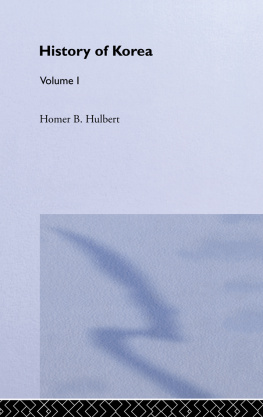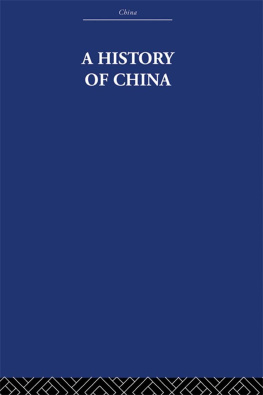This work is pre-requisite to the needed re-writing of Philippine history as the story of its people. The present treatment, as a chapter of Spanish history, has been so long accepted that deviation from the standard story without first furnishing proof would demoralize students and might create the impression that a change of government justified re-stating the facts of the past in the way which would pander to its pride.
With foreigners writing, the extracts herein have been extensive, even to the inclusion of somewhat irrelevant matter to save any suspicion that the context might modify the quotations meaning. The choice of matter has been to supplement what is now available in English, and, wherever possible, reference data have taken the place of quotation, even at the risk of giving a skeletony effect.
Another rule has been to give no personal opinion, where a quotation within reasonable limits could be found to convey the same idea, and, where given, it is because an explanation is considered essential. A conjunction of circumstances fortunate for us made possible this publication. Last August the Bureau of Education were feeling disappointment over the revised school history which had failed to realize their requirements; the Department of History, Economics and Sociology of the University were regretting their inability to make their typewritten material available for all their students; and Commissioner Quezon came back from Washington vigorously protesting against continuing in the public schools a Philippine history text which took no account of what American scholarship has done to supplement Spains stereotyped story. Thus there were three problems but the same solution served for all.
Commissioner Rafael Palma, after investigation, championed furnishing a copy of such a book as the present work is and Chairman Leuterio of the Assembly Committee on Public Instruction lent his support. With the assistance of Governor-General Harrison and Speaker Osmea, and the endorsement of Secretary Martin of the Department of Public Instruction, the Bureau of Education obtained the necessary item in their section of the general appropriation act. Possibly no one deserves any credit for conforming to plain duty, but after listing all these high officials, it may not be out of place to mention that neither has there come from any one of them, nor from any one else for that matter, any suggestion of what should be said or left unsaid or how it should be said, nor has any one asked to see, or seen, any of our manuscript till after its publication. Insular Purchasing Agent Magee, who had been, till his promotion, Acting Director of the Bureau of Education, Director Crone, returned from the San Francisco Exposition, and Acting Auditor Dexter united to smoothe the way for rapid work so the order placed in January is being filled in less than three months. Three others whose endorsements have materially assisted in the accomplishment of the work are President Villamor of our University, Director Francisco Benitez of its School of Education, and Director J. A. Robertson of the Philippine Library. And in recalling the twelve years of study here which has shown the importance of these notes there come to mind the names of those to whom I have been accustomed to go for suggestion and advice: Mariano Ponce, of the Assembly Library, Manuel Artigas, of the Filipiniana Section of the Philippines Library, Manuel Iriarte of the Executive Bureau Archives, Dr. T. H. Pardo de Tavera and Epifanio de los Santos, associates in the Philippine Academy, Leon and Fernando Guerrero, Jaime C. De Veyra, Valentin Ventura, of Barcelona, J. M. Ramirez, of Paris, the late Rafael del Pan, Jos Basa, of Hongkong, and Doctor Regidor, of London, all Filipinos, Doctor N. M. Saleeby, H. Otley Beyer, Dr. David P. Barrows, now of the University of California, along with assistance from the late Professor Ferdinand Blumentritt, of Leitmeritz, Dr. C. M. Heller, of Dresden, and the authorities of the British Museum, Congressional Library, America Institute of Berlin, University of California Library, and the Hongkong and Shanghai public libraries and Royal Asiatic Society branches.
It is due the printer, Mr. Frederic H. Stevens, manager of E. C. McCullough & Co.s press; Mr. John Howe who figured out a sufficient and satisfactory paper supply despite the war-time scarcity; and Superintendent Noronha, that after the first vigorous protests against departures from established printing-house usages, they loyally co-operated in producing a book whose chief consideration has been the readers use. Paper, ink, special press-work and the clear-cut face chosen for the hand-set type have combined to get a great deal more matter into the same space without sacrifice of legibility; putting minor headings in the margin has been another space-saver which as well facilitates reference, while the omission of the customary blank pages and spaces between articles has materially aided in keeping down unnecessary bulk. Printed in the usual style this book should have run over twelve hundred octavo pages as against its under two-thirds that number of a but slightly larger page.
And finally, my colleague, Professor Conrado Benitez, besides furnishing promptly his part of the manuscript has been chief adviser and most zealous in carrying out our joint plan.
Austin Craig.
University of the Philippines,
March 27, 1916.





